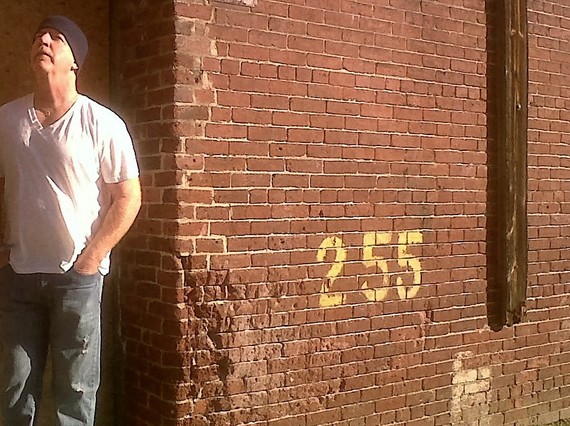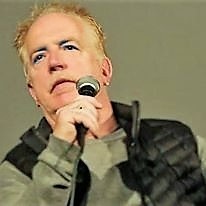The first year of my sobriety was like standing in an ice-cold shower, trying to believe that sooner or later the heat would come on. I was in a minefield, and every step I took represented a higher percentage of failure.
Some days I just stood still, closed my eyes, and wished I had died on the streets from an overdose like most of my friends.
My legal troubles were incomprehensible. I had forged checks, taken deposits for swimming pools that I never intended to install, and robbed numerous people. In fact, many a loved one's heirlooms had been squandered at the local pawn shop for a bag of heroin.
In those days, I had three small children. Billy wasn't even a year old. Ricky was three, and Jack was the oldest; he'd just turned five. My ex-wife was only 23. She was American Indian, and her entire family had been scorched by alcohol.
Back then, I remember sitting in the dark on an old, beatup, leather living-room chair, the boys sleeping in one bedroom and their mom crying herself to sleep in the other. My lips would go numb. My left arm would begin to tingle, and a sharp pain would stab my shoulder.
One night I couldn't take it anymore. The panic was driving me mad in the head. I thought about taking the butcher knife out of the kitchen drawer and falling on it but stopped when I realized my boys would find me the next morning. So I drove myself to Lowell General Hospital, ran inside, and screamed, "I'm having a heart attack."
In a heartbeat, a middle-aged nurse dropped me on a gurney as if I was a child. Doctors and nurses circled around me, talking gibberish, yelling commands, and I remember just lying there hopeless, watching myself die.
Minutes later, a pissed off doctor with a bushy salt and pepper mustache and yellow teeth told me that there was nothing wrong with my heart and that I should have told the nurse I was a heroin addict. I remember him saying,"We need to focus on those truly sick. Nobody forced you to shoot heroin."
Outside the Emergency Room, I sat in my car and heart attack symptoms reared back. The fear of dying created excruciating pain in my jaw. My eyes started to blur, and the muscles in my legs tensed to solid rock. I was paralyzed, but I couldn't go back inside.
To this day, I don't recall driving across the City of Lowell and entering St. John's Hospital. But there I was, in the Emergency Room, EKG wires attached to patches on my chest, an oxygen mask secured over my mouth and nose. My legs frozen stiff.
That's when I saw it, a giant needle in the hands of a beautiful nurse. Petrified, I watched her draw close to my arm and swab a patch of my skin with an antibacterial lotion. The needle drew closer and closer, and just before it pricked my skin, I jumped off the gurney, ripped the mask off and screamed, "Stop! I'm a junkie. I'd rather die than kick heroin again."
About an hour later, the hospital psychiatrist drew back the curtain and asked if she could come in and talk. Her eyes were kind and actually seemed to smile at me. She held me when I cried. I told her how I ruined my life the instant I shot my first bag of heroin. I went on and on about how I had completely blown-up my family and couldn't go back and make it right.
She just listened, and before she left the room, she held my face like a mother and said, "Your heart is perfect, but your brain is broken. Heroin has changed the wiring. You need to fix it if you want to have a life beyond heroin addiction. You cannot go back and change what you have done in the past. But you can go forward and make a new future."
To this day, I can still see her lips moving and feel the warmth of her hands on my cheeks. In fact, her words float like clouds at night when I think back on the dozen turning points in my life.
One hundred and twenty-nine people will die today from an accidental overdose of heroin. I wish I could have told them that recovery is possible and that somehow knowing my brain was broken helped me cope with what I had done to destroy everything I touched and everyone who loved me.


